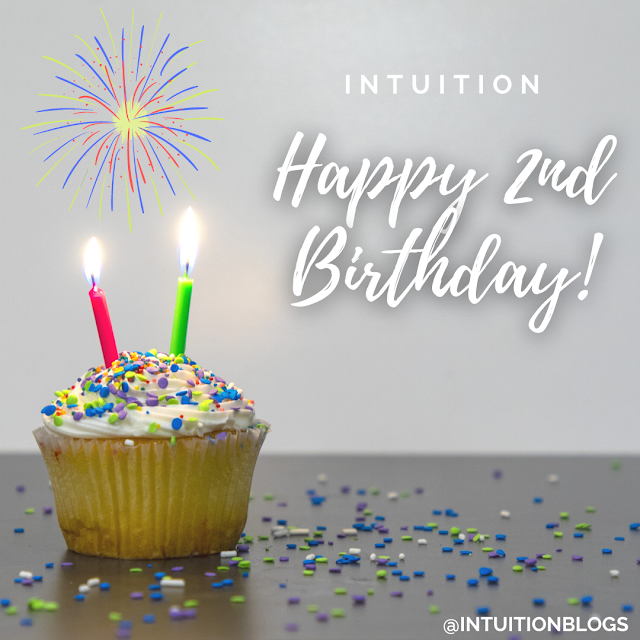The 2019-2020 Australian Bushfire Season: Causes and Effects

By Connie Chandler Global warming is one of the biggest threats to currently face our planet. Each decade since the 1980s has been warmer than all preceding decades on record with a global average temperature 0.61(±0.05) °C higher in the 2010s than the 1961-1998 average (Osborn & Jones, 2020). 2016 holds the record for the hottest year on record with a global average temperature 0.94 °C higher than the 20th century average of 13.9 °C (NOAA, 2017). 2020 only narrowly missed out the record by having an average temperature 0.02 °C cooler than that of 2016 (Thompson, 2020). An increase in global temperature by less than one degree may not sound like a huge change, but it takes a huge amount of heat energy to heat up all the oceans, atmospheres and land by this much. For perspective, in the 17th century, global average temperatures were between 1 and 2°C colder than the period between 1951-1980 and this caused the ‘Little Ice Age’. During this time ice was extremely prevalent in th...








